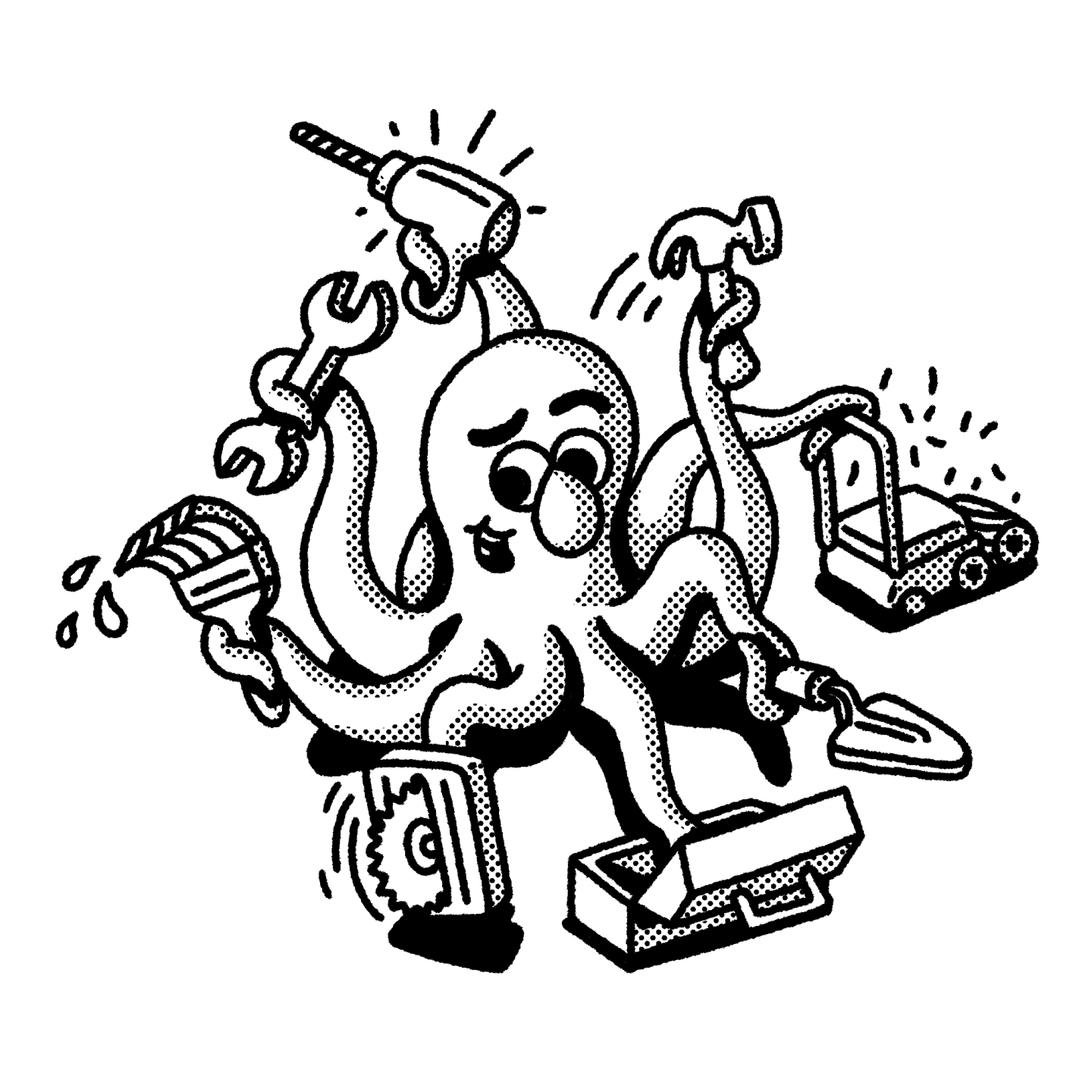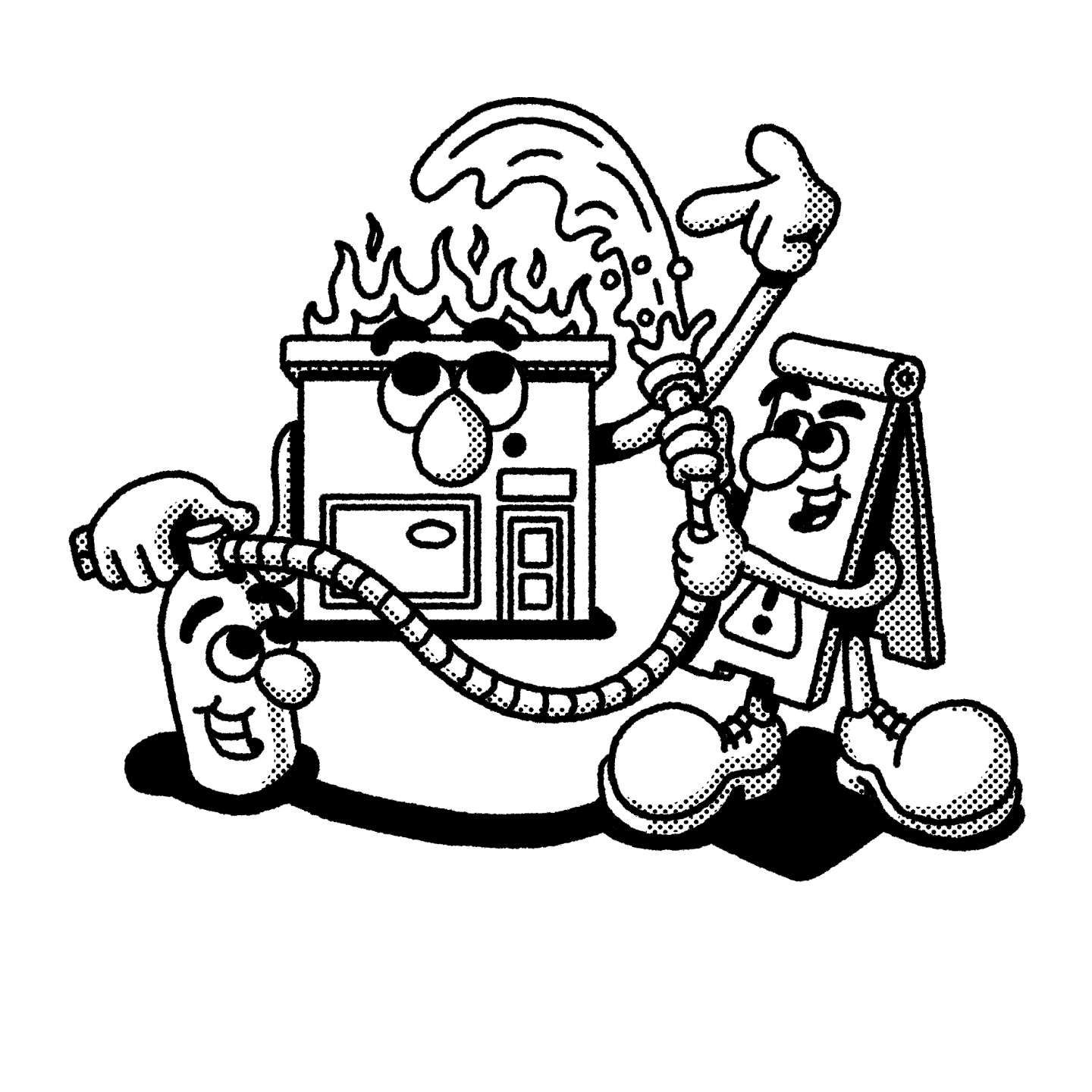What are the advantages of starting a microbusiness?
Starting a microbusiness offers several advantages, making it an attractive option for aspiring entrepreneurs. Some of the benefits include:
- Low startup costs: Microbusinesses require minimal investment, allowing entrepreneurs to start their ventures with limited resources.
- Flexibility: As the owner of a microbusiness, you have the freedom to set your own schedule and make decisions without the need for extensive approval processes.
- Close customer relationships: Microbusinesses often serve a local market, enabling entrepreneurs to build personal relationships with their customers and provide tailored services.
- Quick decision-making: With fewer layers of hierarchy, microbusinesses can make decisions swiftly, adapting to market changes and customer demands more efficiently.
How can entrepreneurs finance a microbusiness?
Financing a microbusiness can be a challenge, as traditional lenders may be hesitant to provide loans to small enterprises. However, there are several alternative options available:
- Bootstrapping: Many microbusiness owners rely on personal savings or funds from friends and family to get started.
- Crowdfunding: Platforms like Kickstarter and Indiegogo allow entrepreneurs to raise funds by pitching their business ideas to a large number of potential investors.
- Microloans: Microfinance institutions offer small loans specifically designed for microbusinesses, providing entrepreneurs with the necessary capital to kickstart their ventures. The Small Business Administration (SBA) also has resources for microloans.
Learn more about funding a small business.
Insurance needs for microbusinesses
When starting a microbusiness, it is essential to consider the insurance needs to protect your venture from potential risks. While the specific insurance requirements may vary depending on your industry and location, here are some common types of insurance coverage microbusinesses may need:
- General Liability insurance: This coverage helps protect your microbusiness from third-party claims related to injuries, property damage or advertising injury. It helps provide financial protection in case of lawsuits or claims against your business.
- Professional Liability insurance: If your microbusiness provides professional services or advice, professional liability insurance, also known as errors and omissions (E&O) insurance, can help protect you from claims of negligence and professional mistakes that may result in costing your clients money.
- Commercial Property insurance: Property insurance helps cover damage or loss to your business property, including building structures, equipment, inventory or supplies, due to covered events such as fire, theft or vandalism.
- Workers’ Compensation insurance: If you have employees, workers’ compensation insurance is typically required by law. It helps provide coverage for medical expenses and lost wages in case of work-related injuries or illnesses.
How NEXT simplifies insurance
Microbusiness owners have a lot on their plates and little time to worry about business insurance. That’s why NEXT gives them 24/7 access to manage their account, update their coverage and download a free proof of insurance in minutes.
You can start a quote, customize your options and access your certificate of insurance online — in about 10 minutes.
Start your instant quote today.













